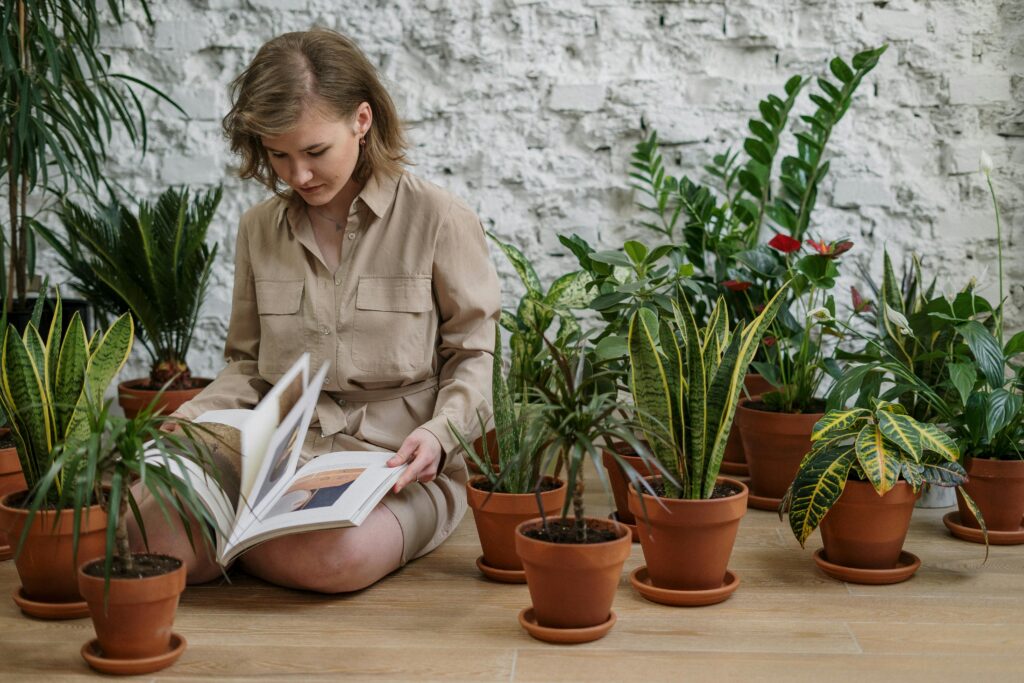In our busy lives, the concept of leisure often gets overshadowed by obligations and responsibilities. However, embracing mindful leisure can transform how we spend our free time, turning simple activities into enriching experiences. Mindful leisure focuses on being present and fully engaged in the moment, leading to improved mental health and overall well-being. This article explores the principles of mindful leisure and offers practical tips for incorporating mindfulness into your downtime.
1. Understanding Mindful Leisure
Mindful leisure is about engaging in activities with intention and awareness. It encourages you to step away from distractions and immerse yourself in the present moment. Whether you’re reading, walking, or enjoying a cup of tea, practicing mindfulness during leisure can enhance the enjoyment and benefits of these activities.
2. Benefits of Mindful Leisure
Incorporating mindfulness into your leisure time can yield numerous benefits:
- Stress Reduction: Mindful leisure helps reduce stress by promoting relaxation and a sense of calm. By focusing on the present, you can detach from worries about the past or future.
- Increased Enjoyment: Being fully present allows you to savor experiences more deeply. You’re likely to appreciate the beauty of nature, the flavors of your food, or the company of friends when you engage mindfully.
- Improved Focus and Concentration: Mindfulness enhances your ability to focus, making it easier to immerse yourself in activities you enjoy. This can lead to greater satisfaction and productivity during your leisure time.
- Enhanced Self-Awareness: Mindful leisure encourages self-reflection, helping you become more aware of your thoughts, feelings, and preferences. This self-awareness can inform your choices and lead to more fulfilling leisure experiences.
3. How to Practice Mindful Leisure
Here are some practical tips to help you embrace mindfulness in your leisure activities:
- Limit Distractions: Create a distraction-free environment by turning off notifications on your devices. Designate specific times for leisure and allow yourself to fully disconnect from work and technology.
- Engage Your Senses: Focus on what you see, hear, smell, taste, and touch during your activities. If you’re eating, savor each bite and notice the flavors and textures. If you’re walking, pay attention to the sounds of nature and the feeling of the ground beneath your feet.
- Slow Down: Take your time with activities. Whether you’re reading a book or taking a walk, allow yourself to move at a slower pace. This helps create a sense of calm and enhances your connection to the experience.
- Practice Gratitude: Incorporate moments of gratitude into your leisure time. Take a moment to appreciate the activity you’re engaged in, the people you’re with, or the beauty of your surroundings.
- Reflect Afterwards: After your leisure activity, take a few moments to reflect on the experience. What did you enjoy? How did it make you feel? This reflection reinforces mindfulness and can help you recognize the value of these moments.
4. Mindful Leisure Activities to Try
Here are some activities that lend themselves well to mindful leisure:
- Nature Walks: Spend time outdoors, focusing on the sights and sounds of nature. Notice the colors of the leaves, the rustling of the wind, and the feeling of the sun on your skin.
- Yoga and Meditation: Engage in yoga or meditation practices that encourage mindfulness. These activities promote relaxation, body awareness, and mental clarity.
- Cooking and Baking: Take your time when preparing meals. Enjoy the process of chopping vegetables, mixing ingredients, and savoring the aromas that fill your kitchen.
- Reading: Choose a book that captivates you and immerse yourself in its pages. Allow yourself to get lost in the story, focusing solely on the words and your thoughts.
- Creative Pursuits: Whether it’s painting, knitting, or writing, engage in creative activities with intention. Focus on the process rather than the outcome, allowing your creativity to flow freely.
5. Making Mindful Leisure a Habit
Incorporating mindful leisure into your routine can lead to lasting benefits:
- Schedule Time for Leisure: Treat leisure time as an essential part of your day. Block out time in your calendar for activities that bring you joy and relaxation.
- Be Flexible: Allow for spontaneity in your leisure activities. Sometimes the best moments come from unplanned experiences, so stay open to new opportunities.
- Share Mindful Moments: Invite friends or family to join you in mindful activities. Sharing experiences can deepen connections and enhance the enjoyment of leisure time.
Conclusion
Mindful leisure is a powerful practice that can enhance your well-being and transform how you engage with your free time. By being present and intentional in your leisure activities, you can reduce stress, increase enjoyment, and foster a greater sense of connection to yourself and the world around you. Embrace the art of mindful leisure, and discover the profound impact it can have on your life.




